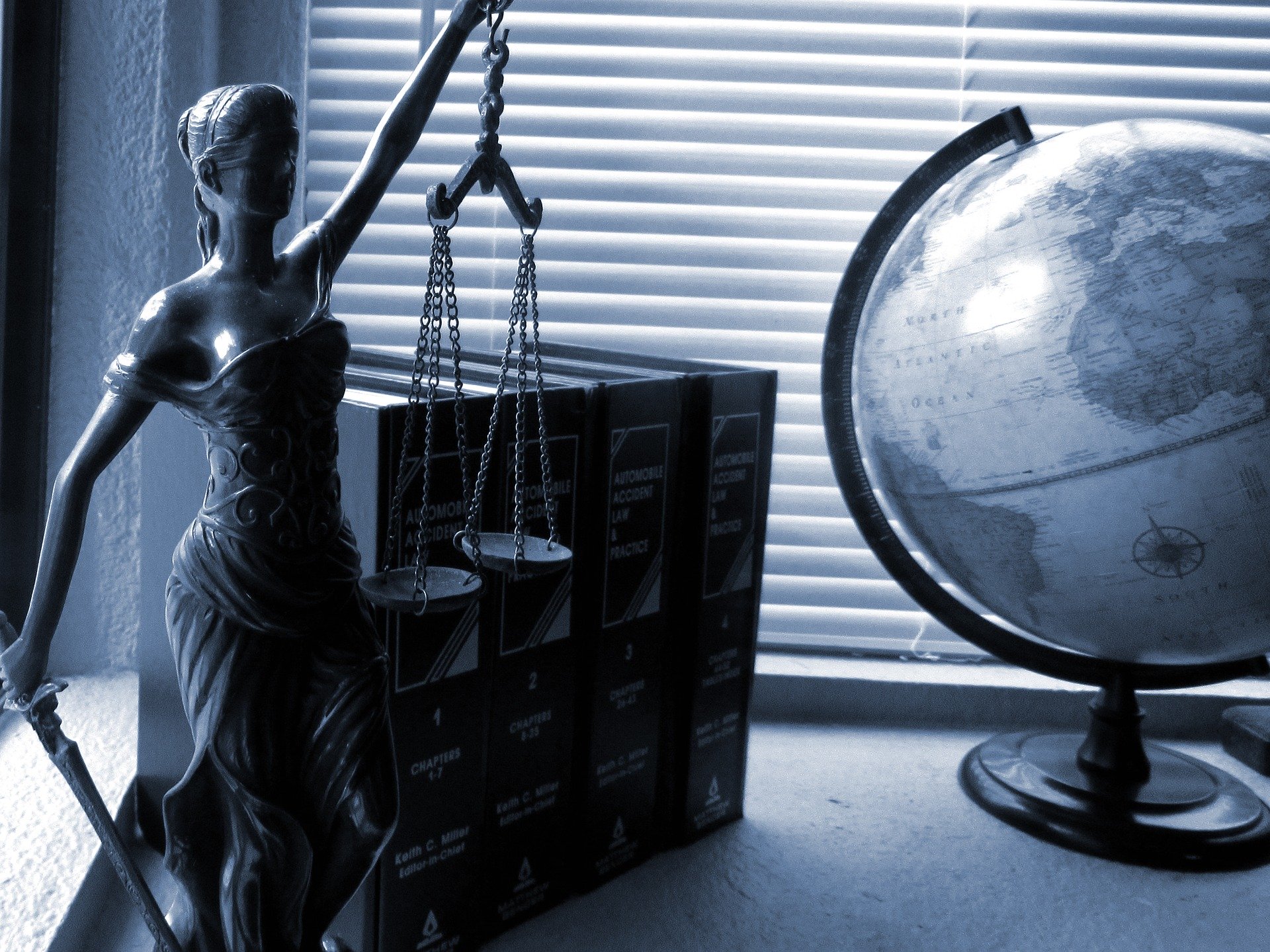7 June 2020
Legal Aid in Family Proceedings

It is well known that in 2013, legal aid was cut dramatically for family law proceedings. However, despite such cuts, legal aid is still available in some family cases.
Here at JWP Solicitors, we are aware that legal aid is pivotal in ensuring access to justice and are proud to have the ability to offer legal aid to some of our family clients, and which covers advice and representation in Court proceedings.
Broadly speaking, there are 3 tests to determine eligibility for legal aid for family matters such as divorce, children or financial issues;
1) You have to be financially eligible
2) There has to be merit in your case
3) You have been a victim of domestic abuse perpetrated by the other party.
If you are in receipt of certain passporting benefits, namely universal credit, income support or ESA payments, or have a disposable income that is less than £733 per month (only certain outgoings such as mortgage/rent and child care expenses can be taken in to account) then you may very well meet the criteria in respect of financial eligibility.
The legal aid agency also assesses your assets and capital to determine your financial eligibility for legal aid purposes. If the legal aid agency conclude that you have capital over the amount of £8,000, or your income exceeds the financial threshold, then you will not be financially eligible for legal aid unless your case concerns an application for a non-molestation order (an injunction), for which the limits do not apply, although you would be required to make a contribution from income and/or capital towards your legal aid.
The legal aid agency will require documentation, such as bank statements and wage slips to evidence your financial position and which enables them to assess your eligibility and calculate any contribution you would be required to make.
You must also satisfy the legal aid agency that there is merit in your case. This is simply proving to the legal aid agency that they should provide funding for your application. As a broad guide you need to be able to show that legal representation, and, if appropriate, the intervention of the court is needed, and also that your case has a good prospect of success.
Finally, unless the application is a for a non-molestation order to protect you from abuse, then you must establish that you have been a victim of domestic abuse, or at risk of suffering from domestic abuse, from the opponent in your application. If your family application is in relation to a child, then proof that your child is at risk of abuse can be used to meet the requirements. Read more here about how to determine whether you can evidence that you have been a victim of domestic abuse or you child is at risk of abuse. Remember, abuse is not always violence.
It is the requirement to establish, with evidence, that you are a victim of domestic abuse (or in relation to children matters, that the child is at risk of abuse from the other party), that is the most controversial as it means that the vast majority of people are not eligible for legal aid. Even those who have been victims of abuse are often not elligible because they are not able to satisfy the evidence requirements.
If you are making an application for legal aid to cover legal advice or representation in relation to domestic abuse then you do not need to evidence that you have been a victim of domestic abuse to the legal aid agency.
In some exceptional family cases, you have an automatic right to legal aid, regardless of your financial circumstances or whether you have been a victim of domestic abuse or not. Examples of this include if your child is subject to care proceedings.
We have numerous legal aid lawyers here at JWP Solicitors who are happy to answer your legal aid queries. You can also read more about whether you’re likely to be eligible for legal aid at www.gov.uk/civil-legal-advice. If you’d like to discuss your case further or are considering an application for legal aid in family proceedings, you can chat to solicitors with a wealth of experience in legal aid cases at JWP Solicitors on 01924 675 333.

